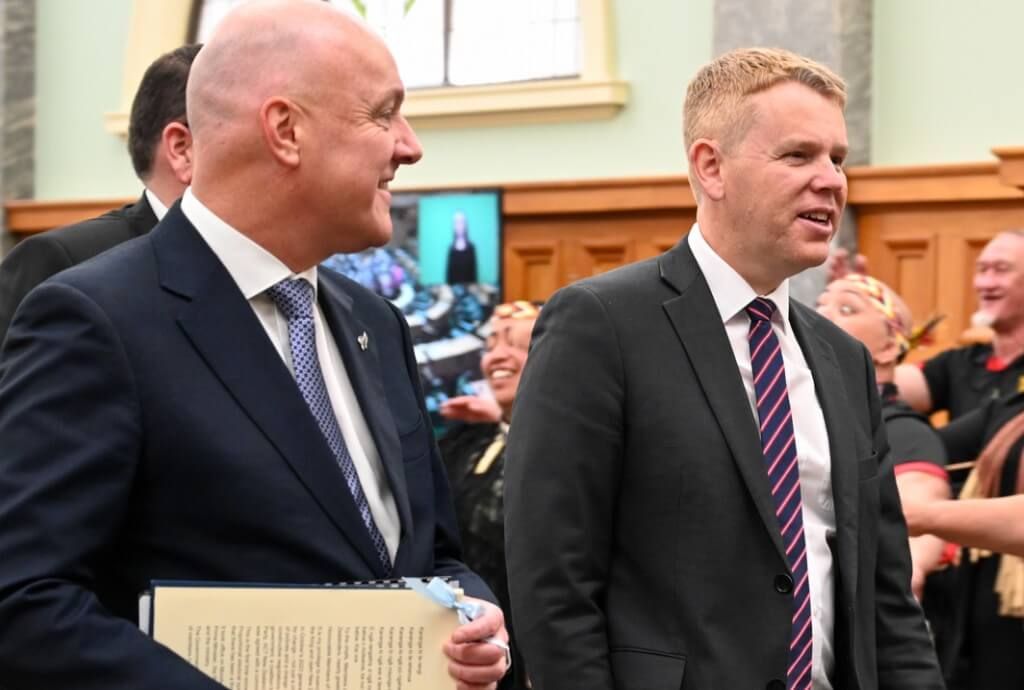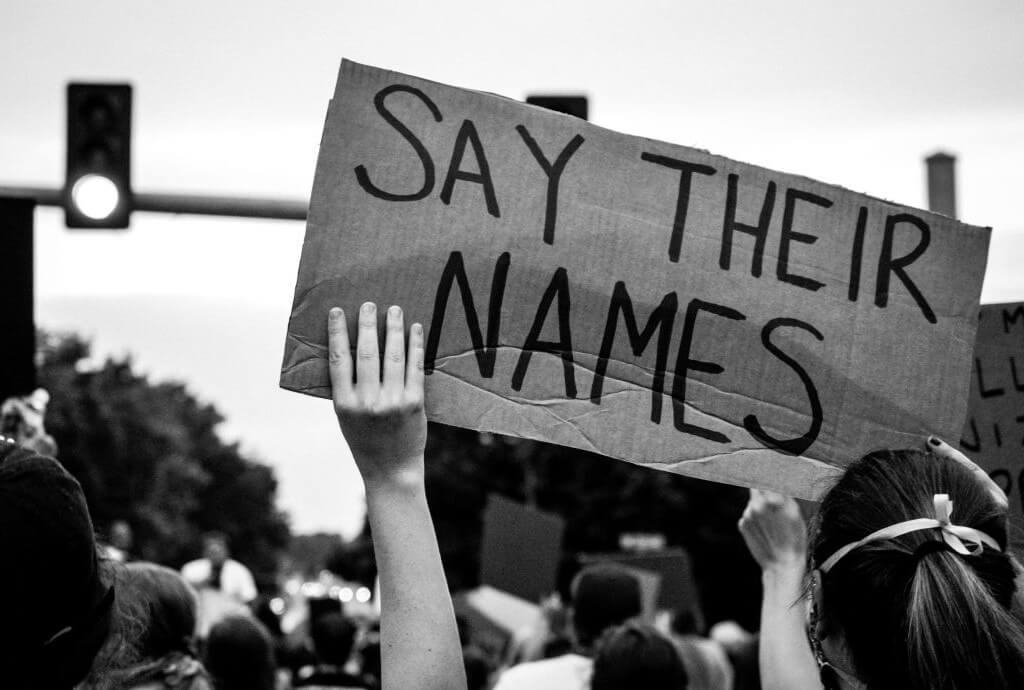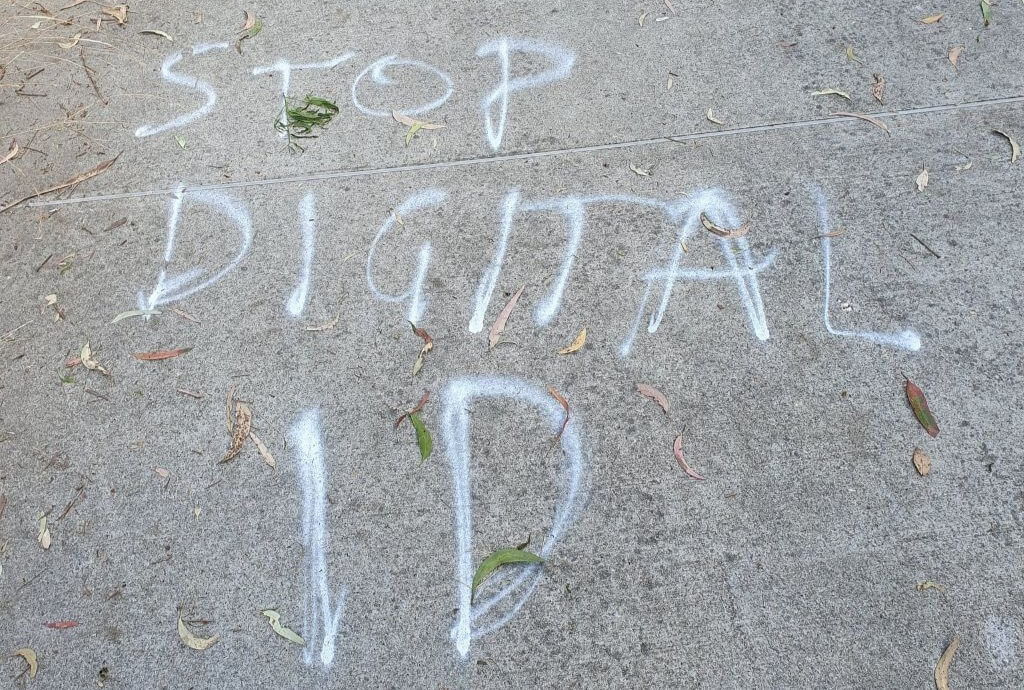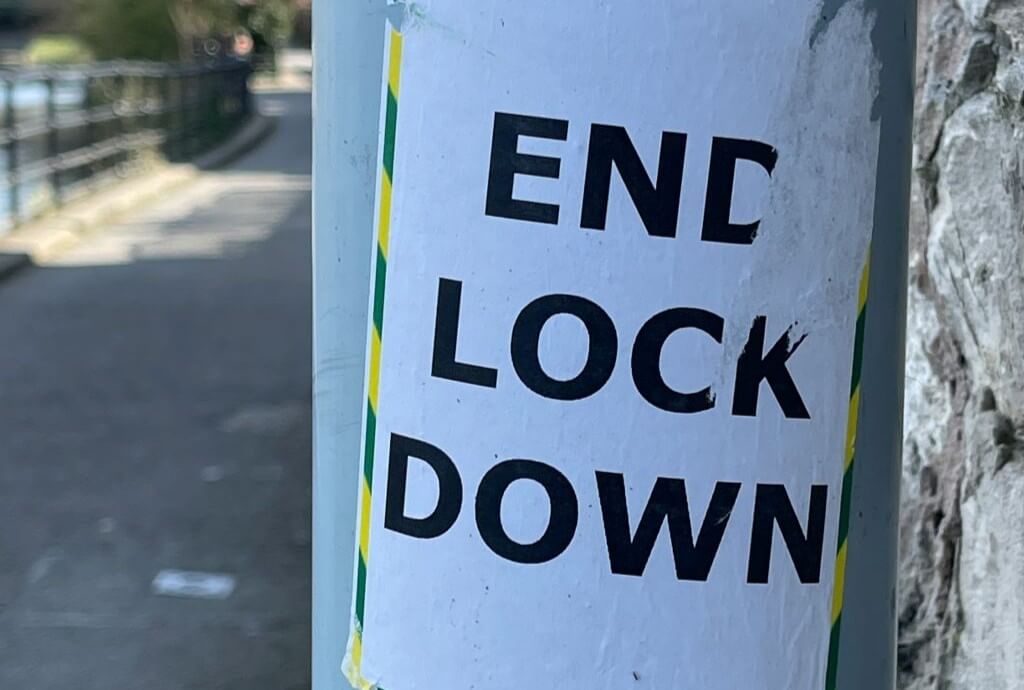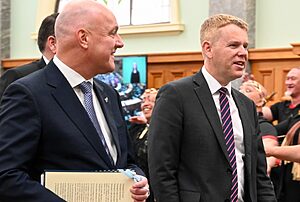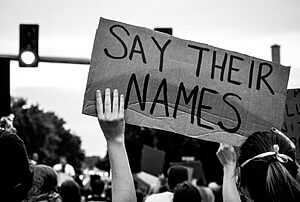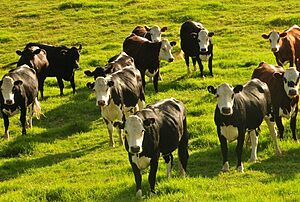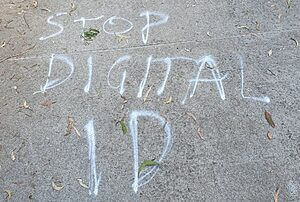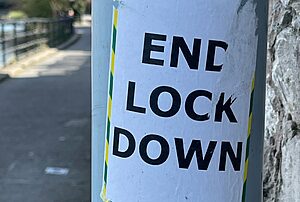David Fisher’s article Why we are so angry – and what it means for election year is part of The NZ Herald’s series New New Zealand: Rebuilding Better.
Fisher discusses a number of issues at the very core of what the Centrist and NZ News Essentials is about. This article illustrates how the media can misconstrue or leave out critical perspectives and context. We’ll analyse this as part of a series of articles.
Why focus on extremists who don’t represent the majority of angry people?
Fisher focusses on how the “angry” environment of the last several years has bred conspiracy theorists and, in turn, fringe-dwelling extremists. He mentions the Great Financial Crisis of 2008 and disasters like White Island and the Pike River Mine. These are significant events, but mostly irrelevant to today’s social environment. Fisher does attribute some of “the rising tide of anger” to COVID and we agree. However, he doesn’t differentiate between the virus and the Government’s response to it.
Along with COVID policies, the Government has pushed through numerous other controversial policies, many without a mandate. Fisher doesn’t seem to think these are part of the problem. He seems to focus on extreme and obscure causes instead of trying to understand the concerns of average Kiwis.
Stuff’s political editor Luke Malpass succinctly notes in his article that the key choice facing voters this election is “ over the size of the state and what it does.” Reporter Karl du Fresne, who has been actively blogging on the New Zealand scene for well over a decade, blames the breakdown of social cohesion on the harmful effects of identity politics.
“Expert opinion”
Fisher places a lot of emphasis on “experts”, but it’s worth considering if they’re speaking on their area of expertise and how their experience relates to the matters they’re discussing. The NZ experts Fisher calls on focus on fringe extremism. The overseas experts Fisher references fail to offer any insight applicable to the vast majority of Kiwis. Specifically, The Brave Project, which Fisher references, is a European think tank focusing on Europe’s situation pre-COVID.
Enter The Disinformation Project- talk about the pot calling the kettle black
Director of The Disinformation Project (TDP) Kate Hannah is one of the “experts” Fisher leans on heavily. TDP is a group of academics supposedly dedicated to dispelling “disinformation” and “misinformation” amid what they describe as an “infodemic” in New Zealand.
TDP was formed just before NZ’s first lockdown — suspiciously close to the start of the push by the Government to control the narrative. They position themselves as independent arbiters but seem to enjoy an impressive level of access to media and Government. A cursory review of their website does not support the suggestion they are objective and instead strongly implies they are highly partisan.
Why Fisher would rely on such a source suggests something of NZ Herald’s predispositions.
The media
Fisher doesn’t mention the growing number of people who are questioning the “accredited media’s” relationship with the Government. That media seems to be cautious about potentially upsetting the golden goose.
Conclusion — this is important but we will try to make it fun too
The media’s shaping of opinion is very much at work in New Zealand. David Fisher offers a near-perfect invitation to discuss the subject, and NZ News Essentials is taking the bait.

